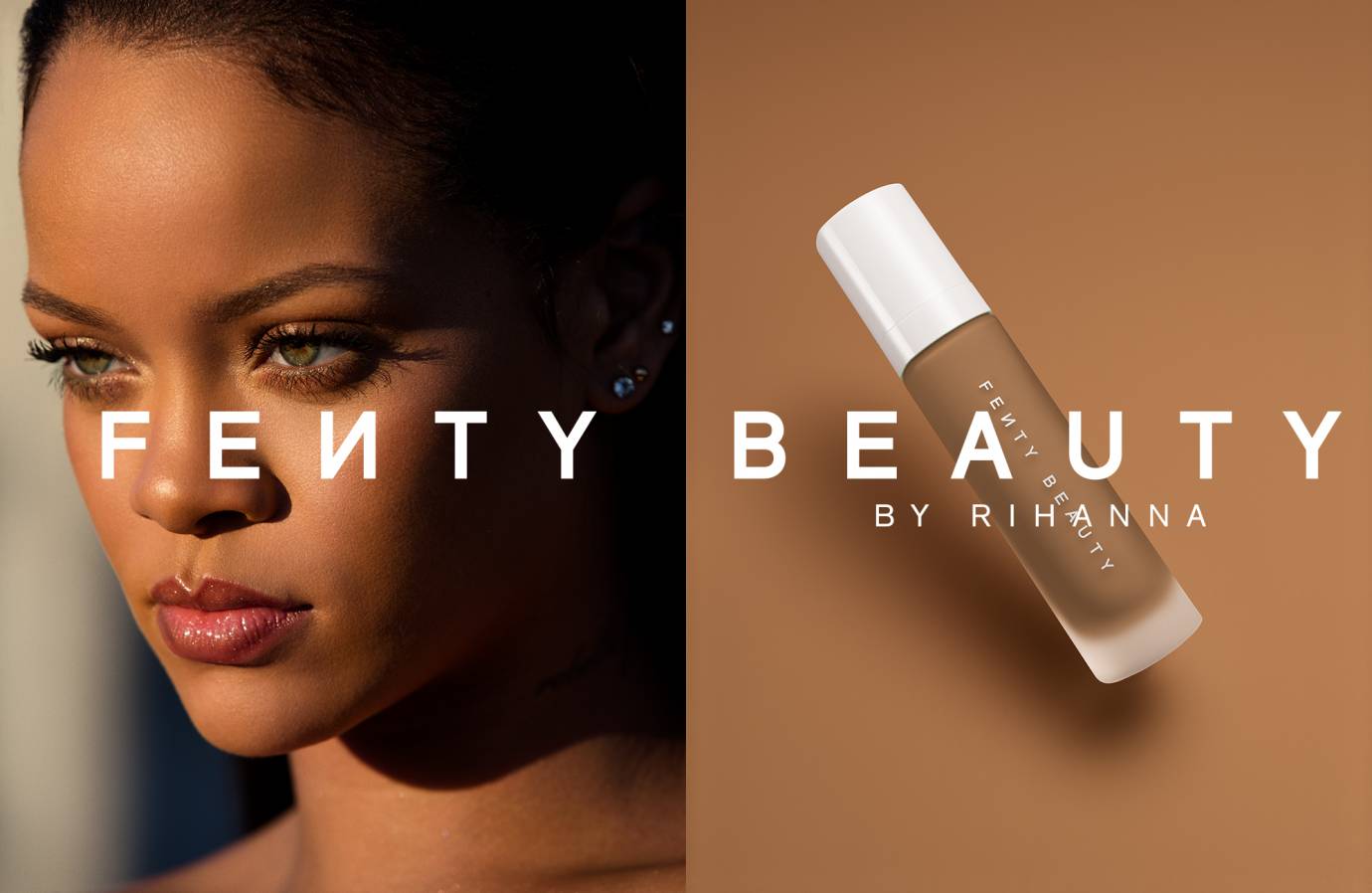Ethical luxury. The concept, in a vacuum, certainly sounds admirable and appealing. But we at Lean Luxe tend to be wary of the true motives — and commitment — behind the mission. “Few things,” says Harriet Quick in an article at Wallpaper, “can bring on dismissive eye-rolling in a sophisticated consumer like a luxury-goods giant talking about social responsibility and sustainable production.” Few things, indeed.
Yet how does this sophisticated consumer best interpret the dedication of the company that trumpets its ethical credentials? How to determine the conviction behind the cause? The answer is a simple one: An ethical mission should never be the driving force at expense to product; it can be part of the package, yes, but never the central selling point.

At Wallpaper, Ms. Quick navigates the push for sustainable standards in luxury, but her argument lands with a timid thud, instead of a resounding boom. For one, she highlights the sustainability initiatives found only at legacy luxury firm, making it reasonable for a reader to come away with the impression that the ethical movement originates with the bigger players.
The fact is that (for better or worse) it does not. Legacy brands have only recently embraced this ethical idea; they’re certainly not the originators of it. Younger companies such as Cuyana, Ecoalf, and Maiyet have thrived in recent years by offering strong luxury products that are quietly sustainable. These businesses are specialists in this area, and given their advantage, are able to offer a more complete product than anything the legacy set are willing (or able) to put out.
While she doesn’t come out and say it, Ms. Quick also seems to imply that ethical initiatives will be enough to counterbalance an underwhelming product. This, of course, is not a good assumption. You only have to consider the following scenario: If the ethical bubble were to burst, and a company whose primary selling point were ethical goods that could perhaps qualify as luxury goods, how would that company fare? Surely their prospects would look quite grim.
Ethical products check the boxes. They are nice, to be sure. But an ethical badge of honor is no substitute for a subpar (and overpriced) product. Ethics and sustainability are merely the carrots to the roast; they are not the main course. So if a company must go ethical, the smart formula is clear: focus on product first, ethics second.






